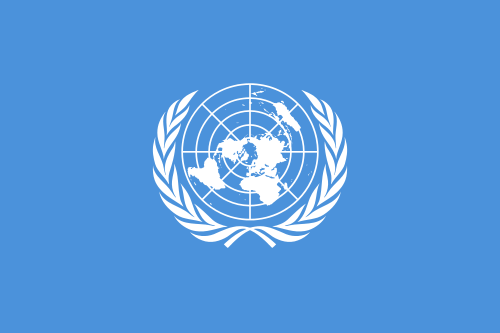Ted Campbell discusses a recent report that takes Canada to task for Canadian peacekeeping efforts that don’t match those of poorer nations, especially in Africa:
I’m sorry to burst Mr. Oliphant’s bubble, but most UN peacekeeping, especially that done by Africans in Africa, is a farce. There are HUGE Afro-Asian forces deployed under the UN’s banner because, mainly, the UN pays a nation $(US)1,400+ per month for each soldier wearing a blue beret, but, the BBC reports that “Countries are paid to provide personnel to UN missions and the top countries providing troops are unrepresentatively poor. The amount countries are paid for providing those troops is considerably higher than the average wage in most of the countries sending large numbers of troops.”
In other words many (I would say most) African countries and some Asian countries send lots of poorly paid, ill-trained, unprofessional, second or third rate troops to the UN to serve as peacekeepers in what is essentially a profitable commercial transaction. Let’s use Rwanda, a country about which Mr. Oliphant knows and cares, as an example: some sources say that a Rwandan worker, on average, earns about $(CA)295.00 per month, some estimates are lower, only about $(CA)120.00 per month. Let’s guess that a typical Rwandan soldier, not one of the colonels or generals … is paid something in between those two numbers, say, at a guess, $(CA)205.00 ($(US)154.00) per month. That means that every month the Rwandan government pockets almost $(US)1,275.00 ($(US)1,428.00 – $(US)154.00) for each soldier it deploys, and, in early 2019, Rwanda has over 6,000 soldiers on UN peacekeeping duties, that means it gets over $(US)90 Million ($(CA)120+ Million) every year. In 2016/17 Canada sent about $(CA)25 Million to Rwanda in direct aid, so, for Rwanda, sending soldiers to UN peacekeeping missions garners almost five times as much money as Canada sends in aid.
Rwanda is not the biggest provider of cannon fodder peacekeepers to the UN. Ethiopia sends over 8,000 soldiers, India sends almost 7,500 (who are well trained, very well led, professionals) and Pakistan sends over 7,000 (also quite well trained) while Bangladesh (6,700+) and Rwanda (6,100+) round out the top 5 troop providing nations.
Back in the 18th century, a small and poor European nation earned significant amounts of foreign money by renting out units of its army. Americans may remember the Hessians, although I suspect few of them knew anything more about them than that they were working for the British crown and most of them didn’t speak much (if any) English. The UN has managed to re-create the same conditions of the 1700s in the modern world. Nice going, UN. What’s next? Plagues? (Oh, wait … they’ve already done that one.)





